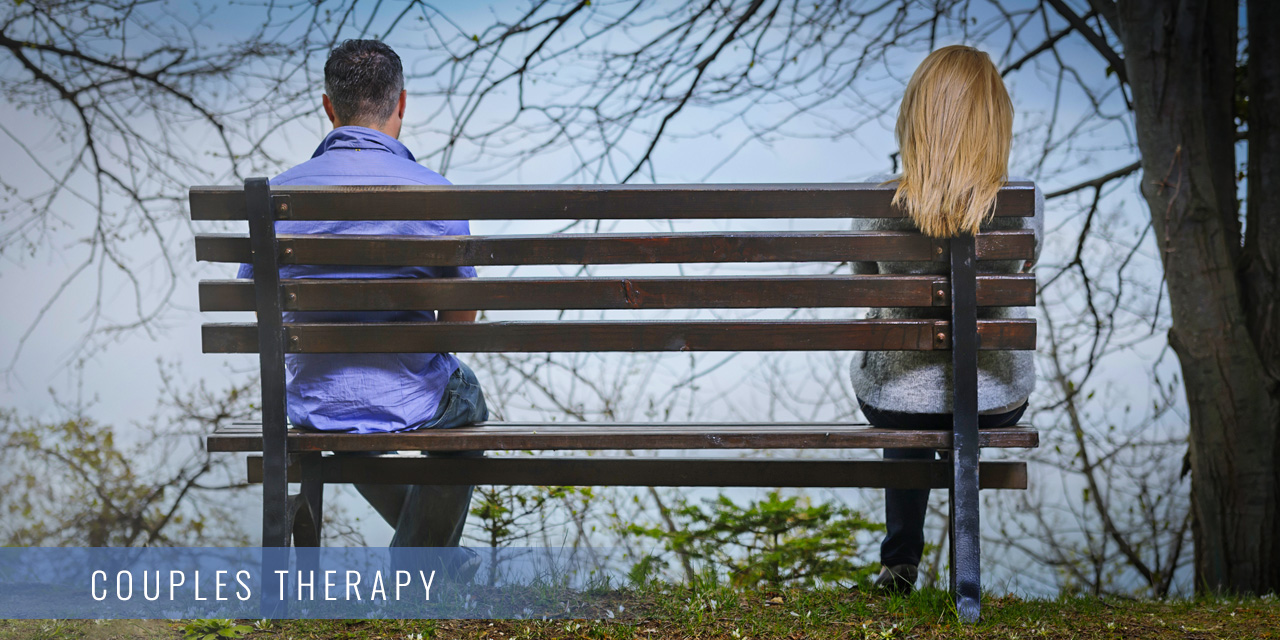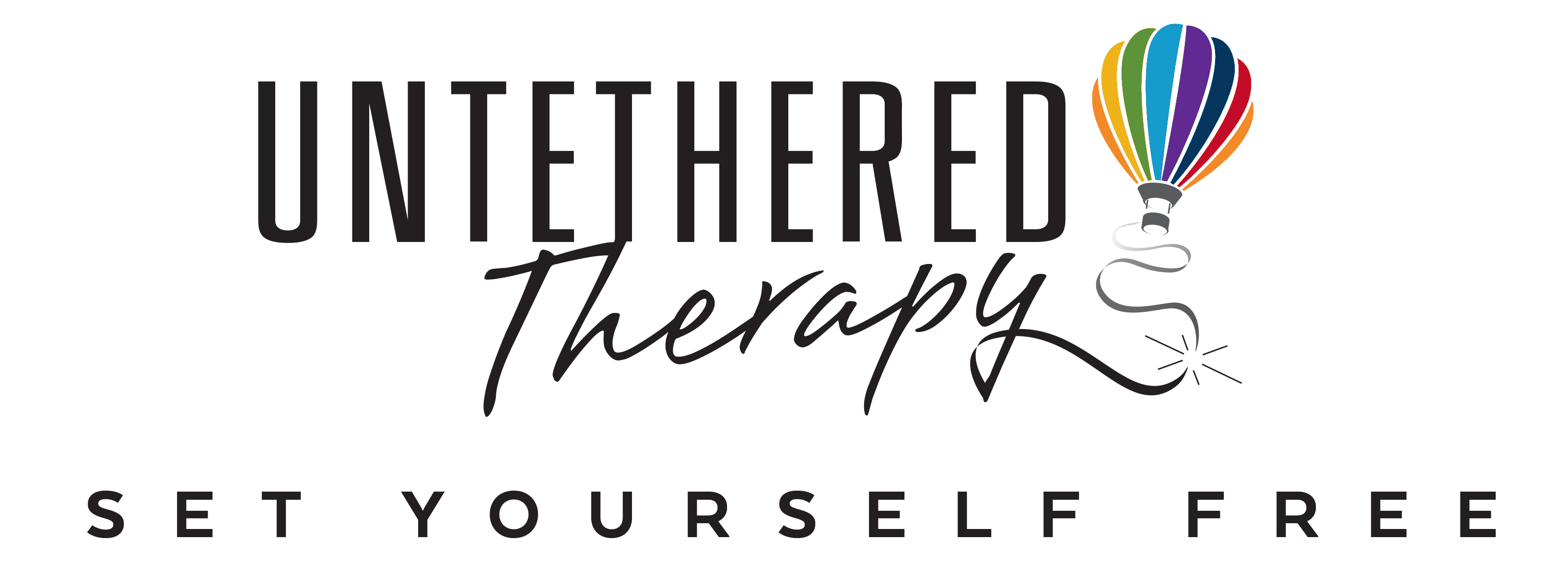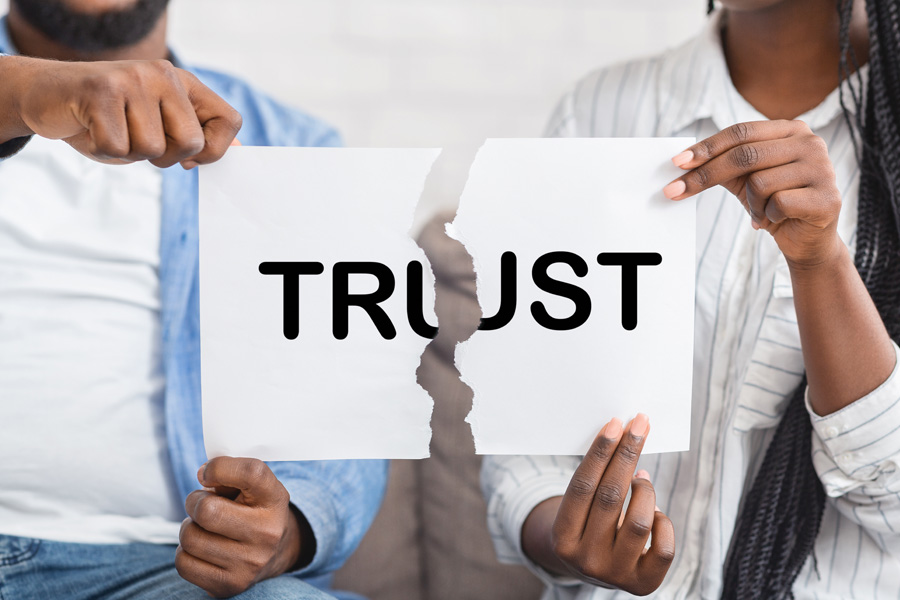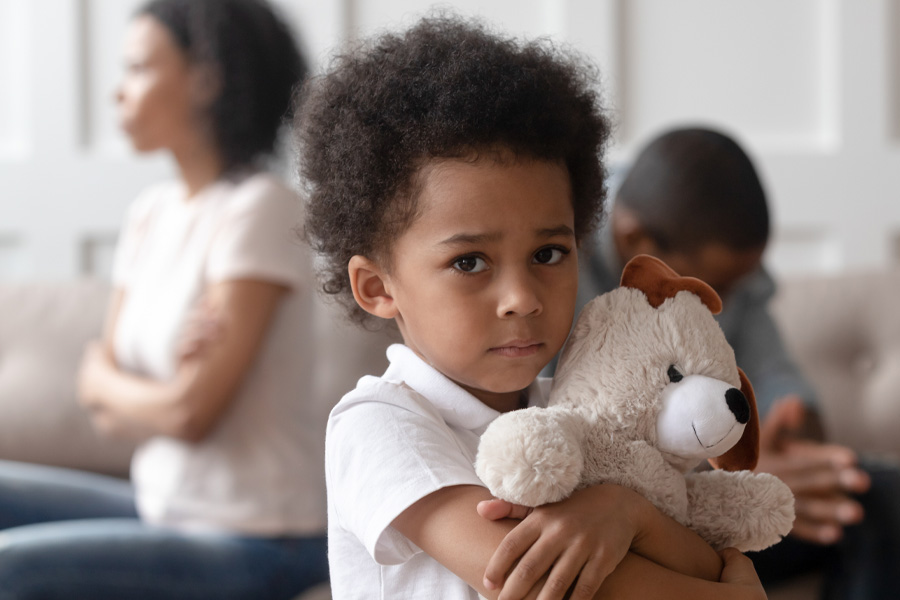
COUPLES THERAPY
“The drama of love is all about this hunger for safe emotional connection, a survival imperative we experience from the cradle to the grave. Loving connection is the only safety nature ever offers us.”
― Sue Johnson, Hold Me Tight
One of the scariest, most painful experiences in life is to feel disconnected and isolated from the people we love most. The collective recognition of our need for connection has never been higher than it has since the onset of the forced-lockdowns ushered in by the Global pandemic. Even the prison systems recognize intense distress caused by isolation by reserving their most serious punishment, solitary confinement, as the ultimate punishment. The basic need for human attachments has been well established in the scientific literature and provides insight into the reasons we become so psychologically activated (fight, flight, and flee) and physiologically distressed (panic, depression, and anxiety) when the security of our relationships becomes threatened.
We are wired from the womb to seek healthy attachments as a basic survival instinct. When parents are able to meet these needs a significant amount of the time, we develop secure attachments and are more confident within ourselves and our worlds. However, many people are born into environments where other factors (financial/work constraints, loss of a parent, addictions, mental health struggles, abuse etc.) prevent them from receiving the consistent enough care they need to feel safe and secure. When this occurs, it makes the thing we need most, connection with others, feel at best, insecure and at worst, unsafe. We learn how to do relationships in relationships.
The truth is, blending lives with someone that comes from a completely different family system with expectations from everything from how to handle finances, illness and leisure is challenging. Additionally, life has a way of throwing curveballs that can create chaos, conflict and challenges for couples and families. Distress can be increased if there is unresolved trauma, mental health issues, or addictions in the lives of either or both partners. How we manage, or don’t manage, these conflicts is frequently at the root of many relational problems. Do we withdraw and isolate? Do we use addictions (workaholism, substance, gambling, food, etc) to distract or numb out the pain? Do we overfunction, serve, become self-less, or accept poor treatment in order to not be alone? Do we struggle with shameful feelings of “not good enough” or “I’m a failure” that may prevent us from letting others in and sharing our authentic self?
Despite its challenges, it is also within these intimate relationships we can find the greatest fulfillment in life. Fortunately, we also hold the capacity to learn, grow, and choose to set ourselves free from unhealthy patterns. It is possible to break free from old patterns; But it will require a willingness to take risks and do things differently. It will require letting in love for others, and (sometimes the most difficult to summon) love for oneself in. Only then can you find the joys of true intimacy and stop settling for fleeting and counterfeit forms of validation and reassurance.
“People think that intimacy is about sex. But intimacy is about truth. When you realize you can tell someone your truth, when you can show yourself to them, when you stand in front of them bare and their response is ‘you’re safe with me’- that’s intimacy.”
― Taylor Jenkins Reid, The Seven Husbands of Evelyn Hugo
Einstein defined insanity as doing the same thing over and over again and expecting different results. If you find yourself stuck, reach out, there is help, there is hope, it will require change, it will require effort, but like the butterfly emerging from the cocoon, the struggle will be worth it.





